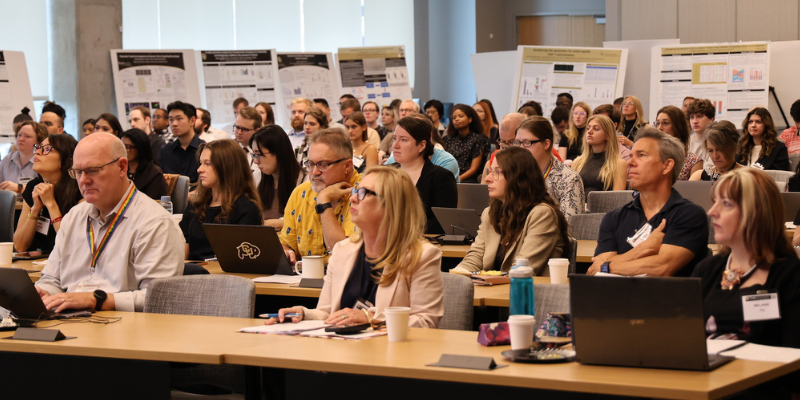When Manisha Patel, PhD, was notified she had been awarded the Javits Award in Neuroscience, she was honored. The Javits Award is a conditional, seven-year research grant given to scientists for their superior competence and outstanding productivity.
Dr. Patel received her award for her ongoing work in neuroscience, researching the role of energy and oxidative stress in epilepsy. Her current work builds upon over twenty years of research in her own lab to identify the oxidation-reduction and metabolic mechanisms of seizure-induced brain injury. The project aims to test a new hypothesis and could help to develop novel metabolism-based therapies for epilepsy.
“The lab hopes to understand the role of energy and mitochondria that produce energy within neuronal cells, and how they influence inflammation within the astrocytes of the brain,” she explained. “We hope that we can interrupt the overproduction of inflammation that causes epilepsy. Most people who have epilepsy are treated with anti-seizure medication, but we are looking at the energy producing pathways, so it is a new way to treat the disease.”
The award, named after the late New York Senator, Jacob Javits, is given by the National Institutes of Health (NIH) National Institute of Neurological Disorders and Stroke (NINDS) each year to exceptionally talented researchers in the field who have established themselves through groundbreaking research. Senator Javits, who was himself afflicted with amyotrophic lateral sclerosis (ALS), was a strong advocate for support of research in a wide variety of disorders of the brain and nervous system.
Javits Awards provide long-term support to investigators with a history of exceptional talent, imagination, and preeminent scientific achievement. There are no formal nominations held for the annual recognition; the research needs to speak for itself and is recognized by the NIH staff and members of the NINDS Council.
"Most people who have epilepsy are treated with anti-seizure medication, but we are looking at the energy producing pathways, so it is a new way to treat the disease.”
As part of the consideration process, the NIH staff and Council consider R01 applications with high scores and choose applications from investigators who have made substantial, cutting-edge contributions to neuroscience or neurology and have a record of conducting rigorous, transparent research. A Javits investigator is recognized as a leader in their field who can be expected to continue to be highly productive during the seven-year award period; they must have a record of service to NINDS or NIH (e.g. study section service, steering committee participation) and of contributions to the community (e.g. mentoring, outreach, leadership in organizations).
Dr. Patel, who is also the first vice-president of the American Epilepsy Society, explained that she initially started her research based on her interest in energy producing pathways and developing novel drug therapies for neurological diseases.
“I started this work as a trainee at Duke university and I’ve continued it, and now 20 years later we are starting to see if we can interrupt this process,” she said. “Epilepsy is a high stigmatized set of diseases and people do not want to reveal that they have this, because there could be repercussions on their jobs or aspects of their life. We want to bring awareness and cures.”



